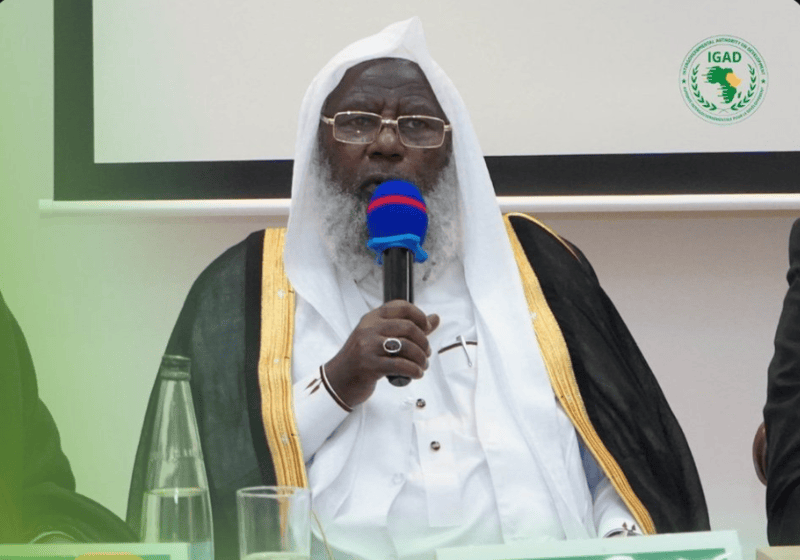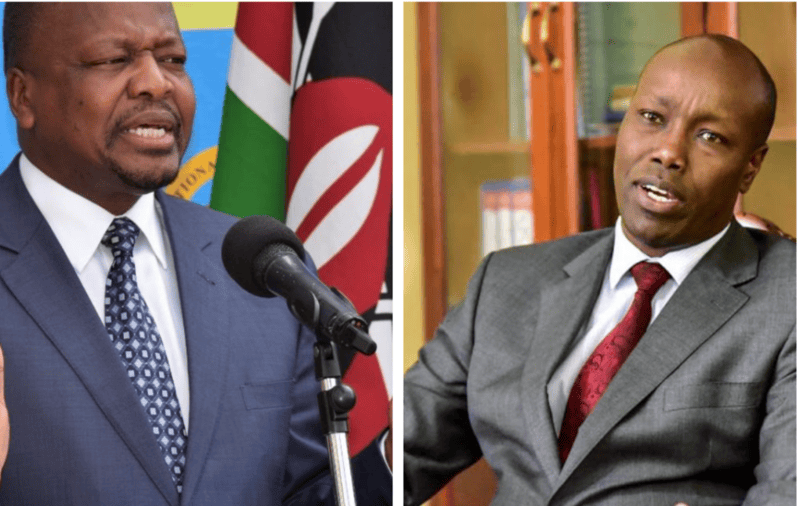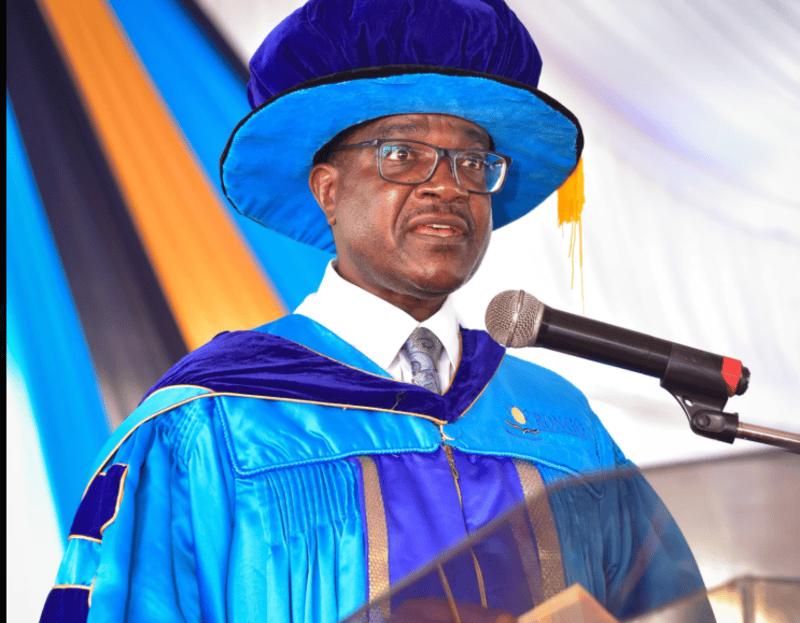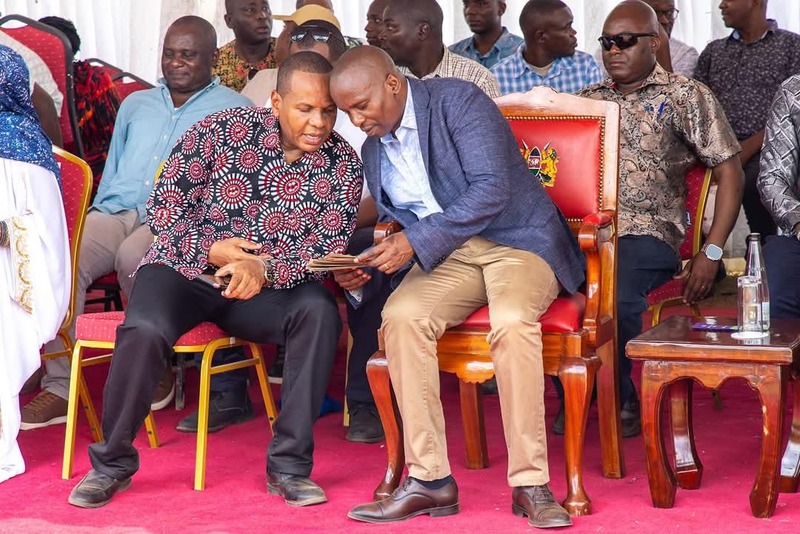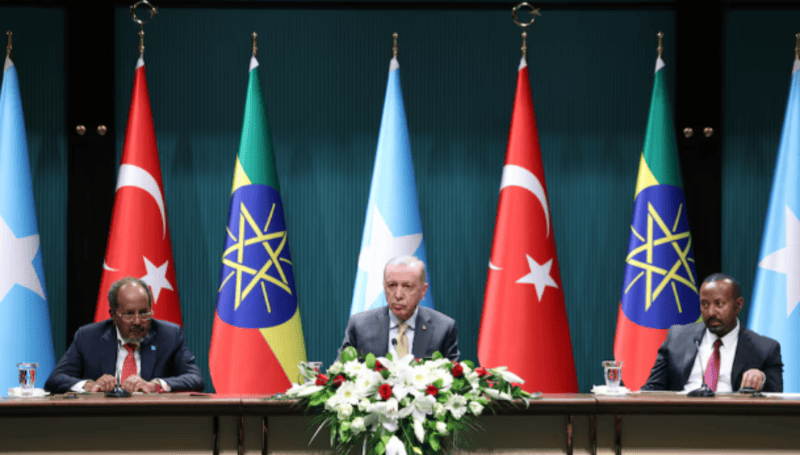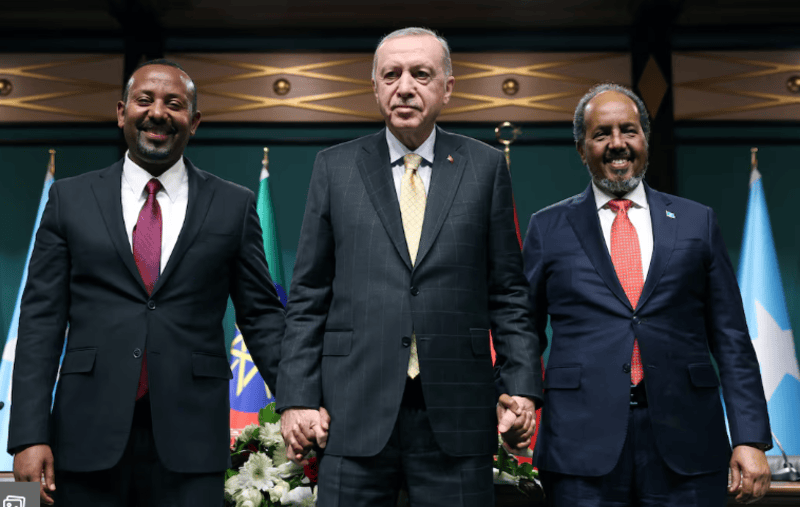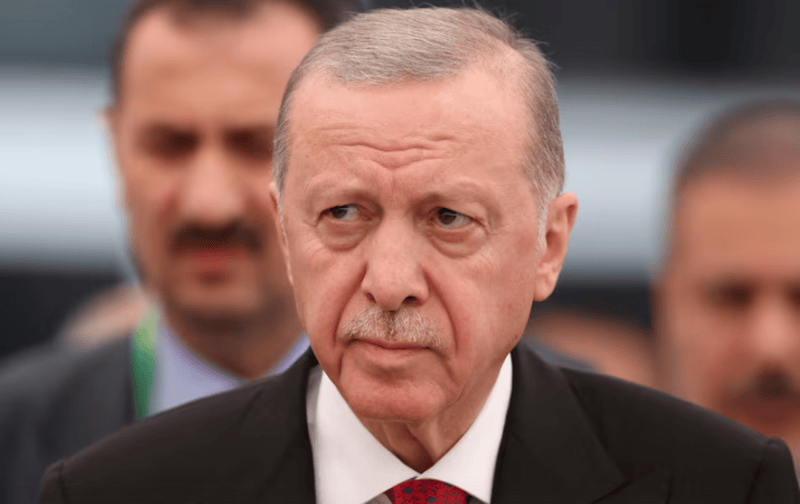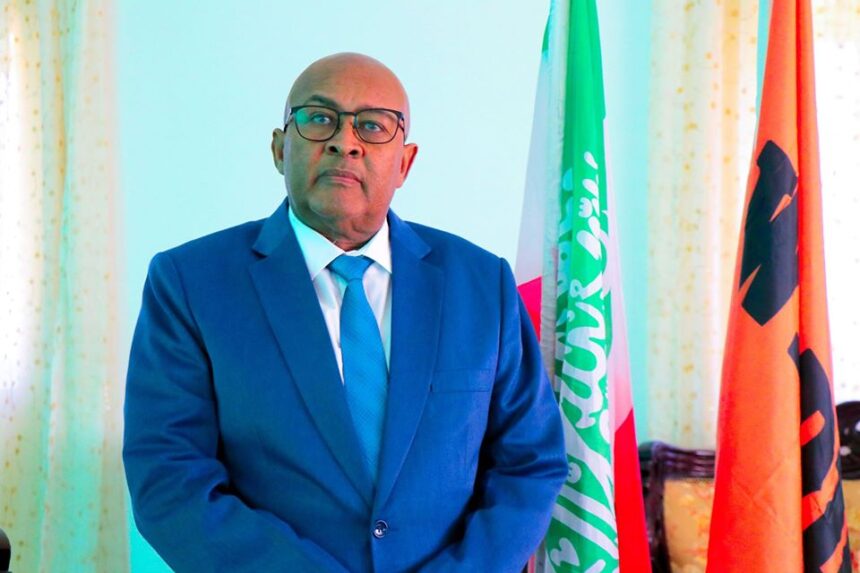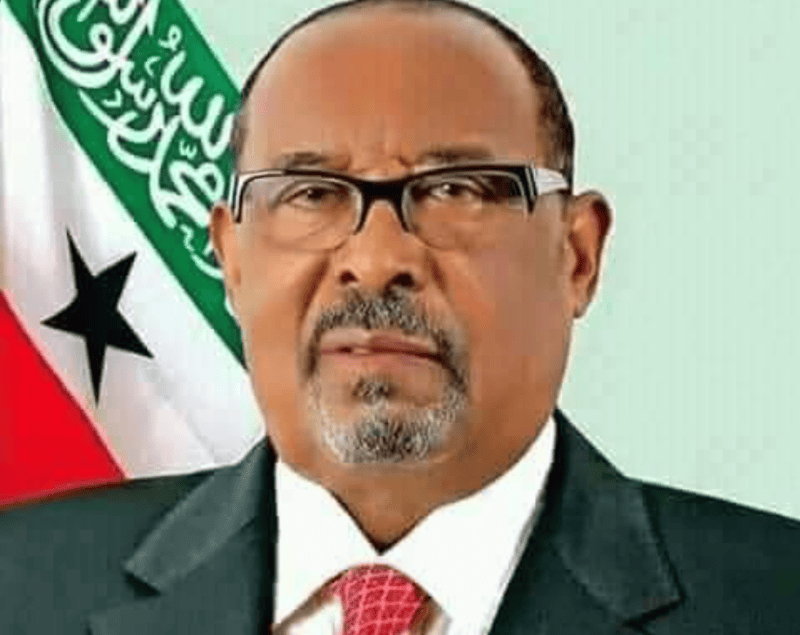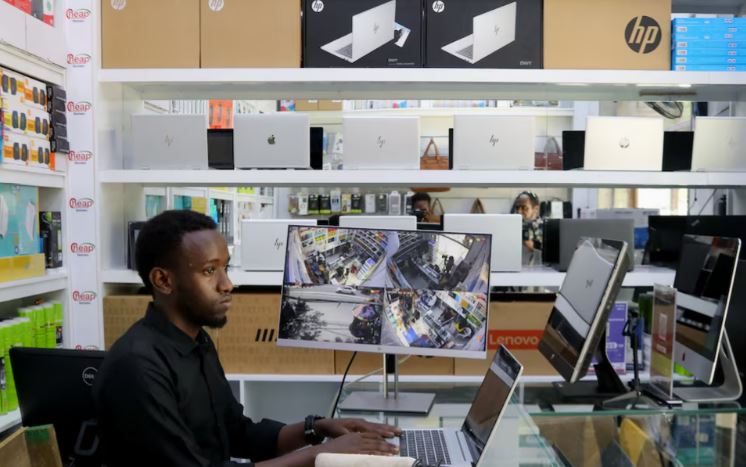Mixed signals from Mogadishu as initial Ethiopia-Somaliland deal talks end with no resolution
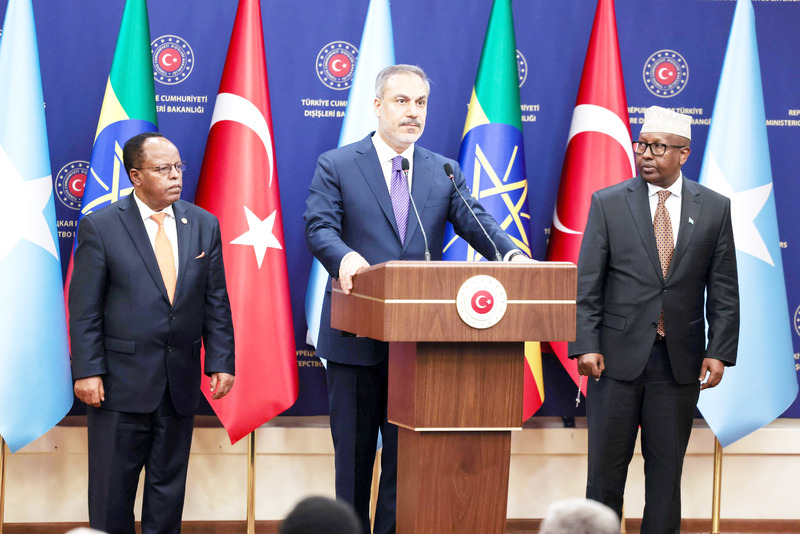
By Yassin Juma |
Somali President Hassan Sheikh Mohamud said he had no faith in Ethiopia backing down from the MoU with Somaliland
The Horn of Africa region has in the last two weeks been anticipating possible initial talks between Addis Ababa and Mogadishu, with unconfirmed reports indicating that Turkish President Recep Tayyip Erdogan or Qatari Emir Sheikh Tamim Bin Hamad would be leading attempts to mend diplomatic ties between Somalia and Ethiopia.
On July 1, Turkish Foreign Affairs Minister Hakan Fidan announced that Ankara had managed to get Somalia and Ethiopia into an initial dialogue to resolve the diplomatic row triggered by the controversial January 1 sea access deal between Addis Ababa and the breakaway Somaliland.
Keep reading
- Ethiopia’s Grand Mufti calls for peaceful coexistence to combat violent extremism
- Somalia and Tanzania sign landmark agreements to strengthen bilateral relations
- Eastleigh Business Community members attend launch of Somalia’s $3.5 billion project
- Turkish President Erdogan to visit Ethiopia, Somalia after brokering landmark deal
According to Fidan, Ethiopian Foreign Affairs Minister Taye Selassie and his Somali counterpart Ahmed Fiqi signed a joint declaration expressing mutual willingness to resolve the diplomatic tiff.
“The ministers, through Turkey’s facilitation, were able to separately have a candid cordial and forward-looking exchange concerning their differences and explored perspectives towards addressing them within a mutually acceptable framework,” an official statement released after the meeting said.
“The ministers of Somalia and Ethiopia reiterated their commitment to the peaceful resolution of differences and expressed their appreciation to Turkey for its facilitation as well as its constructive contributions. The ministers agreed to pursue the ongoing dialogue to resolve their issues and ensure regional stability,” the statement said.
The Turkish top diplomat said the talks had made significant progress and a second round of talks would be held on September 2.
However, a diplomatic source told The Eastleigh Voice that the initial talks ended “without a resolution”.
“The Somali delegation stuck to their guns that they will not negotiate the disputed maritime agreement between Ethiopia and Somaliland. Turkey, however, managed to have the two agree to a September date for a second try,” said the source
In Mogadishu, Somali President Hassan Sheikh Mohamud sounded less optimistic about the development in Ankara, pointing out that Ethiopia had refused to withdraw from the controversial sea access which breaches the country’s territorial integrity and sovereignty.
“There is no indication so far that they (Ethiopia) are turning back from that path,” Hassan said hours after the Ankara meeting, indicating that he had no faith in Ethiopia backing down from the MoU with Somaliland.
Hassan Sheikh pointed out that it was Ethiopia that requested Turkey to mediate between the countries. He further made it clear that Ethiopia and Somalia did not hold direct talks in the Ankara meeting and that Turkey acted as the intermediary.
President Mohamud who recalled his ambassador in Ethiopia over the sea access deal has in the past ruled out mediation with Addis Ababa unless they pull the plug on the deal with Somaliland.
So who initiated the Ankara talks?
A Turkish diplomatic source told a local news agency that mediation efforts began after Ethiopian Prime Minister Abiy Ahmed visited Erdogan in Ankara in May and conveyed a letter asking Turkey to mediate between the two countries.
A second source said Abiy sent former President Mulatu Teshome Wirtu as his special envoy to meet the Turkish president to lay the groundwork for mediation. Erdogan later instructed the relevant Turkish agencies to study the issue, culminating in the July 1 meeting between the Somali and Ethiopian foreign affairs ministers.
Over the years, Ankara has cultivated strong relationships with both countries through extensive security operations, with the recent engagements being the Turkish unmanned aerial vehicles (UAVs) that changed the course of the two-year Tigray war and the naval deal between Turkey and Somalia.
But what is Ethiopia’s game plan in these talks?
“Ethiopia’s strategy appears to be the same as the GERD: continue to meet and talk while starting the implementation of their policy. If that happens, we should expect the agreement between Somaliland and Ethiopia to be signed before September 2nd. However, if Ethiopia delays the signing of the agreement beyond September 2nd, that will create discomfort in Somaliland and will represent real risk to the deal which is what Somalia is counting on,” said Dr Rashid Garuf, a Somali affairs expert referring to the Egypt-Ethiopia diplomatic row regarding the controversy over the Grand Ethiopian Renaissance Dam.
In the eyes of Somali affairs experts, Abiy is a calculative leader whose quest for sea access for Africa’s most populous landlocked country has been his main political drive.
“I believe Ethiopia’s prime minister does not intend to leave Somalia or her territory alone. By coming to Ankara, he aims to appear reasonable and as though he is negotiating in good faith. In reality, he seeks to take what is not his, specifically Somalia’s territory. Essentially, he is attempting to manage relations with Turkish President Erdogan who has signed a defence pact with Somalia and pledged to protect its sea,” said Somali analyst Abdirashid Hashi.
Ethiopia's quest for sea access is an issue that had been discussed between Addis Ababa and the Farmaajo and Hassan administrations. Speaking to the Qatar-based Aljazeera news network, President Hassan confirmed that his administration had been in talks with Ethiopia on offering a port to the landlocked country a few months before it signed the controversial deal with Somaliland.
“Ethiopia has a commercial interest in Somalia and has a stake of 19 per cent in the ownership of Berbera port. But let us assume they need another port; this is an issue that we had been discussing a couple of months ago. The issue is not Ethiopia accessing the Somali sea. They are free to access the sea throughout Somalia but the question is how do they want to access the sea? By annexing Somalia and changing the borders of Somalia? This is what is going on,” President Hassan said.
Omer Sebit, an Ethiopian diplomatic expert, believes that Mogadishu's “delay” in offering sea access to Addis may have forced Ethiopia to seek an alternative elsewhere — in Somaliland.
“Ethiopia does not see the MoU as annexation, neither does it plan to recognise Somaliland as a sovereign state in exchange for sea access. Abiy had initiated talks with (former Somali president) Farmaajo and later Mohamud but promises by the two and lack of a timely conclusive answer may have led him to the Somaliland alternative. Abiy’s quest for sea access has been the hallmark of his tenure,” said Omer Sebit.
The Ankara talks come in the wake of allegations by Mogadishu that non-Atimis Ethiopian troops had illegally crossed over into Somalia in anticipation of the upcoming signing of the MoU between Somaliland and Ethiopia.
Somaliland, which declared its independence in 1991 but remains unrecognised, has pegged its hopes of recognition and commercial gains on the MoU. The administration in Hargeisa will be closely following the development in Ankara.
“Ethiopia and Somaliland are resolutely committed to formalising the memorandum of understanding into an official agreement and rest assured it will be officially signed very soon,” Somaliland President Muse Bihi Abdi said four days before the Ankara meeting.
A source close to Villa Somalia said the main issue under discussion in Ankara will be finding a mutually acceptable deal that could grant sea access to Ethiopia. Somalia could offer sea access to Addis Ababa through a port close to the landlocked country which, in return, would withdraw from the agreement it signed with Somaliland. Hobyo in Galmudug state is among the ports mentioned in past discussions between Mogadishu and Addis Ababa.
Reader comments
Follow Us and Stay Connected!
We'd love for you to join our community and stay updated with our latest stories and updates. Follow us on our social media channels and be part of the conversation!
Let's stay connected and keep the dialogue going!




